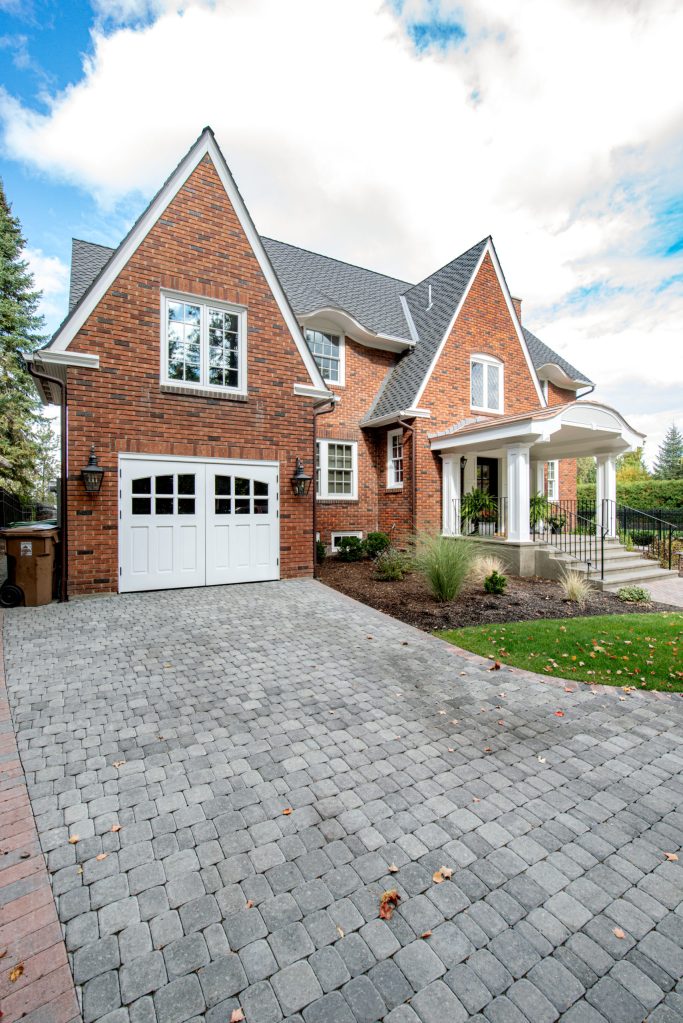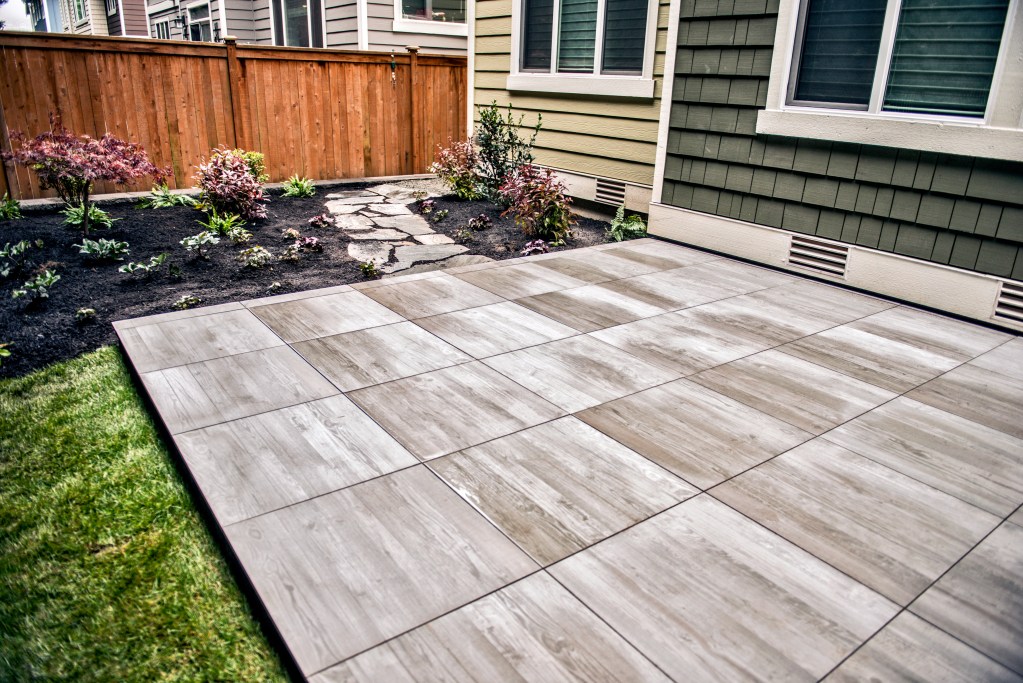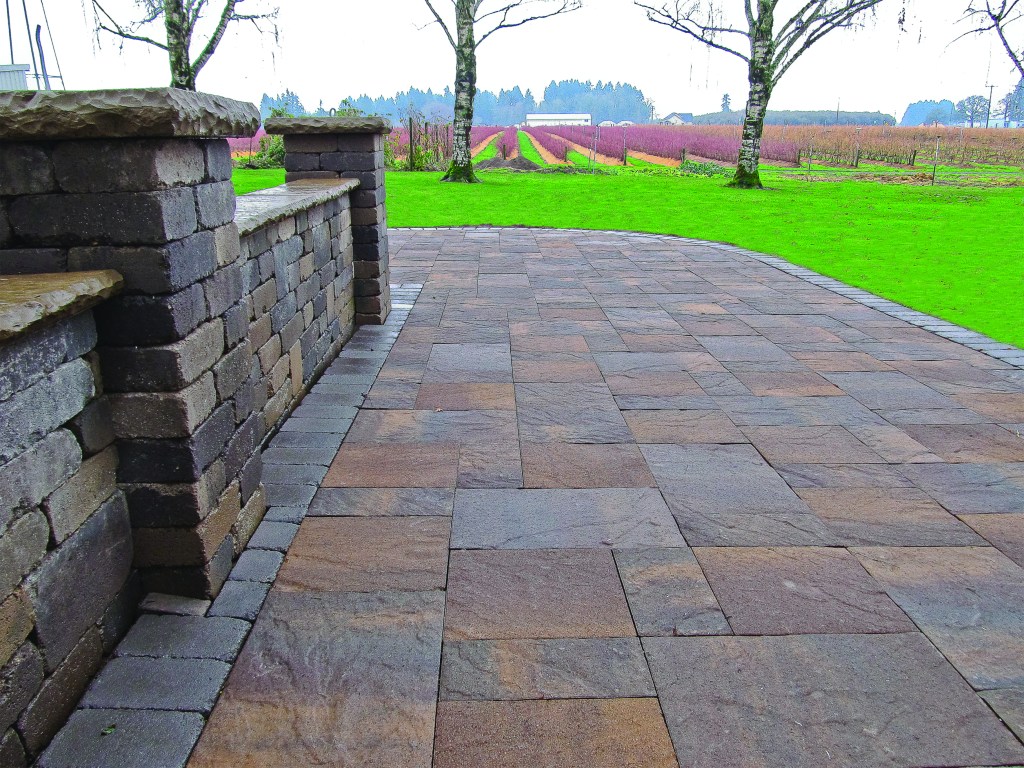Keep Your Gate in Check: Why Regular Maintenance Matters
Today, let’s talk about something that often gets overlooked but is crucial to the upkeep of your home—gate repair! Whether you have a charming wooden gate, a sturdy metal one, or a sleek vinyl design, keeping it in good condition not only boosts your home’s curb appeal but also ensures that your property stays secure. In this post, we’ll explore why gate repair is so important, the tools and materials you’ll need, and some best practices to keep your gate looking and functioning its best.
Why Gate Repair Matters
Security: Your gate serves as the first line of defense against unwanted visitors. Keeping it in top shape ensures better security for your home and family, giving you peace of mind.
Curb Appeal: A well-maintained gate enhances the overall look of your property, creating a welcoming entrance. Just like a great outfit, a good gate makes a fantastic first impression on guests and neighbors alike!
Safety: A broken or malfunctioning gate can be dangerous, especially if you have young children or pets. A properly functioning gate ensures that your family stays safe and secure, preventing accidents from happening.
Cost-Effectiveness: Regular repairs and maintenance can help prevent larger, more costly problems down the road. Keeping up with minor issues now can save you money in the long run.
How Gate Repair Works
1. Assessment: Begin by inspecting your gate for visible damage, such as cracks, rust, or loose hinges. Assess the overall condition of the gate to identify what needs to be fixed.
2. Determine Repairs Needed: Based on your inspection, decide if you need to replace or repair parts like hinges, latches, or even the gate itself. Sometimes a small fix can prevent the need for a full replacement.
3. Gather Tools and Materials: Once you’ve determined what repairs are needed, collect the necessary tools and materials. Having everything ready will make the process smoother.
4. Make the Repairs: Depending on the issues, you may need to tighten screws, replace hinges, patch up cracks, or even replace sections of the gate.
5. Finishing Touches: After completing repairs, it’s a good idea to apply a fresh coat of paint or stain to protect the gate from the elements and improve its appearance.
Tools You’ll Need
- Screwdriver: Essential for tightening or removing screws and hinges.
- Wrench: Great for loosening or tightening nuts and bolts, particularly around hinges.
- Hammer: Useful for fixing loose boards or nails.
- Drill: A must-have for replacing screws or installing new hardware.
- Saw: Needed if you need to cut replacement wood for a wooden gate.
- Level: Ensures your gate is hanging straight, preventing future alignment issues.
- Paintbrush or Roller: For applying paint or stain to protect and finish your repairs.
Common Materials for Gate Repair
Here are some of the materials you might use when repairing your gate:
- Wood: If you have a wooden gate, you may need to replace damaged or rotted boards.
- Metal: For metal gates, use rust-inhibiting paint or a metal repair kit for any rust damage.
- Hinges: These are crucial for gate movement. If worn out, they should be replaced to ensure smooth operation.
- Latches: Broken or rusted latches should be replaced immediately to maintain the security of the gate.
- Wood Glue or Epoxy: These materials can help repair cracks in wooden gates or reinforce damaged sections.
- Paint or Stain: Not only does this protect your gate from the elements, but it also gives it a fresh, updated look.
Best Practices for Gate Repair
To ensure a successful and long-lasting repair, keep these best practices in mind:
- Regular Maintenance: Don’t wait until something breaks! Regularly check your gate for wear and tear. Preventative care can keep your gate in good shape year-round.
- Choose the Right Materials: Make sure you’re using materials that match the type of gate you have. For example, use high-quality wood for wooden gates or rust-resistant hardware for metal gates.
- Follow Safety Precautions: Always wear gloves and goggles when handling tools. Safety should be your top priority.
- Ensure Proper Alignment: When rehanging or adjusting your gate, always use a level to make sure it’s aligned properly. A crooked gate can cause issues with functionality and cause wear on hardware.
- Use Quality Hardware: Invest in durable hinges, latches, and fasteners to ensure your gate remains in great condition. Cheap hardware can wear out quickly and lead to more repairs down the road.
- Paint and Seal: After making repairs, apply a coat of paint or sealant to protect your gate from the Seattle rain and keep it looking great. A good finish can also prevent future wear and tear.
- Consider Weather Resistance: Seattle’s wet weather can be tough on gates, so be sure to select materials and finishes that can withstand the elements.
Final Thoughts
Gate repair doesn’t have to be intimidating. With the right tools, a little bit of elbow grease, and a focus on regular maintenance, you can keep your gate looking great and functioning properly for years to come. Remember, taking care of small repairs now will help you avoid bigger issues in the future. So, keep your gate in check, and it’ll continue to offer security, curb appeal, and safety to your home!



















